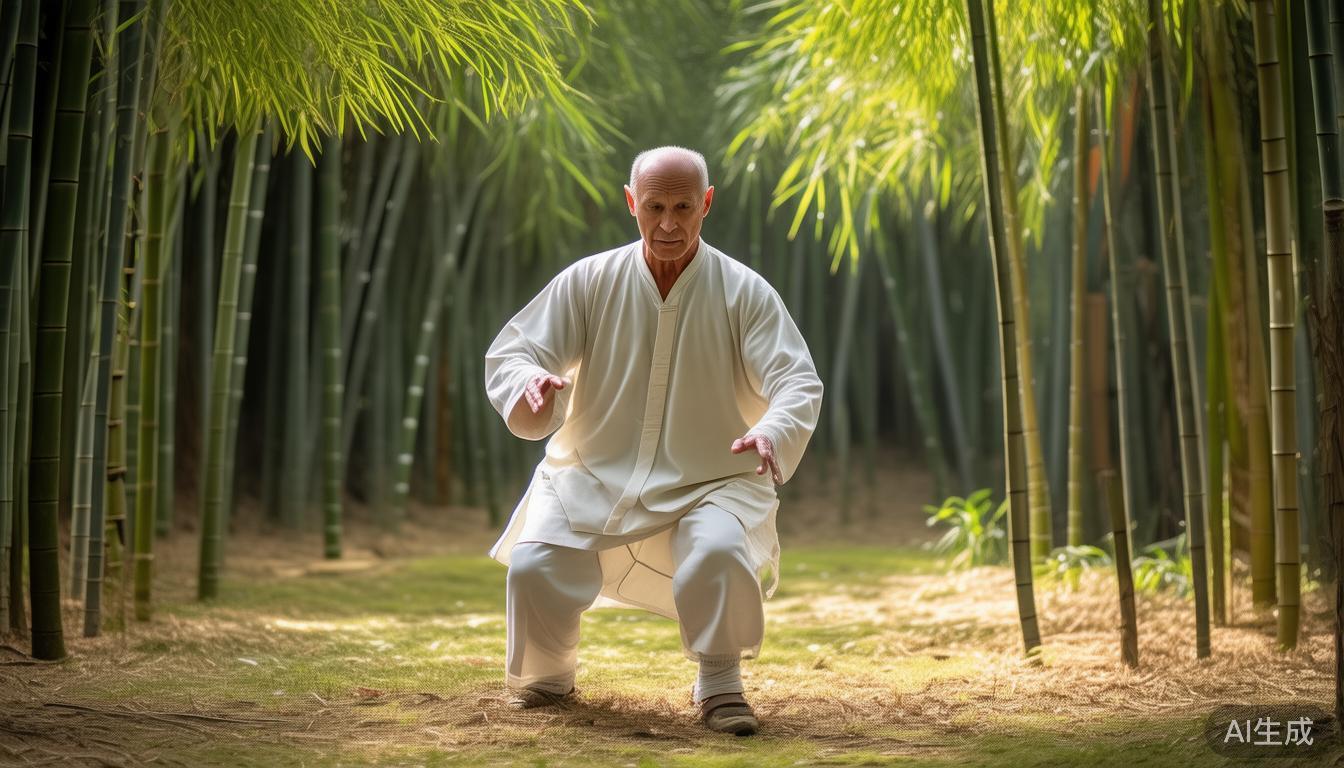Looking for a nearby Tai Chi course for Parkinson’s disease, I realized it means a lot to the patients and their families. After some personal investigation and search, I have collected a lot of practical information and I will share it with you now.
Course value
Tai Chi has many benefits for Parkinson's patients. It can help relieve patients' limb stiffness and improve body flexibility and balance. During the exercise, the patient's muscles are exercised and joint movements are smoother. In addition, Tai Chi is a gentle form of exercise that will not make patients feel too tired, which will facilitate their long-term persistence and have a positive impact on the control and improvement of the condition.
Find a way
There are many ways to find a Tai Chi course for Parkinson’s patients. You can first consult the doctors in the rehabilitation department of the local hospital. They are experienced and can provide professional guidance. At the same time, you can also find relevant patient communities on social platforms, participate in discussions, and get practical opinions from "seniors". In addition, you can also go to the community center to consult staff, who are more familiar with local resource information.
Course Assessment
It is crucial to assess whether the course is appropriate. The coach needs to check whether he has practical experience in teaching patients with Parkinson's disease so that they can adjust their teaching strategies according to the patient's specific situation. The difficulty of the course should be moderate and should not be too drastic. It should be gradually improved so that patients can gradually adapt. In addition, the atmosphere of the course is equally important, and a harmonious and friendly environment can inspire patients' enthusiasm for participation.
Feel it personally
I heard from a patient with Parkinson's disease who has significantly improved his sleep since he started attending Tai Chi training held nearby. In the past, he often had difficulty falling asleep at night, but now he can sleep more sweetly. In addition, his mood became happy and no longer always felt sad. He felt very happy when practicing Tai Chi with other patients. This shows that the course not only improves the patient's physical condition, but also improves their mental state.
Follow-up suggestions
After the course is over, patients need to continue exercising and do not give up halfway. When returning home, patients can review and strengthen the movements learned in the course. Family members should give patients more encouragement and support to enhance their motivation. In addition, Tai Chi Online , patients can also share their experiences with their patients, share their progress and challenges, and work together to overcome difficulties.
When looking for peripheral courses, have you ever encountered any difficulties? If you think this article is helpful to you, please like it and forward it!




